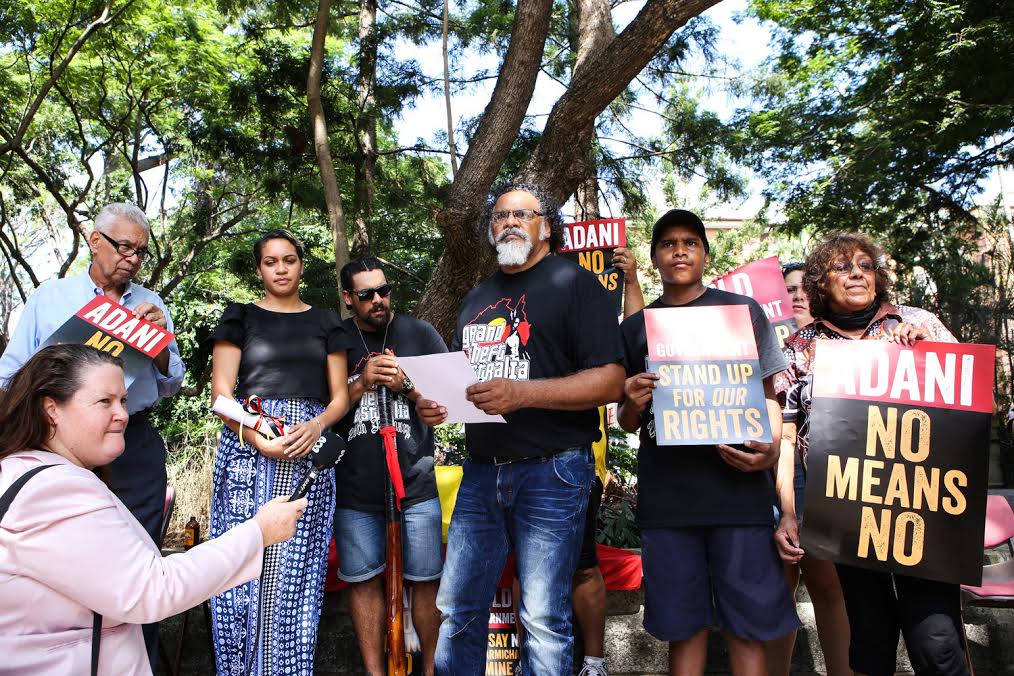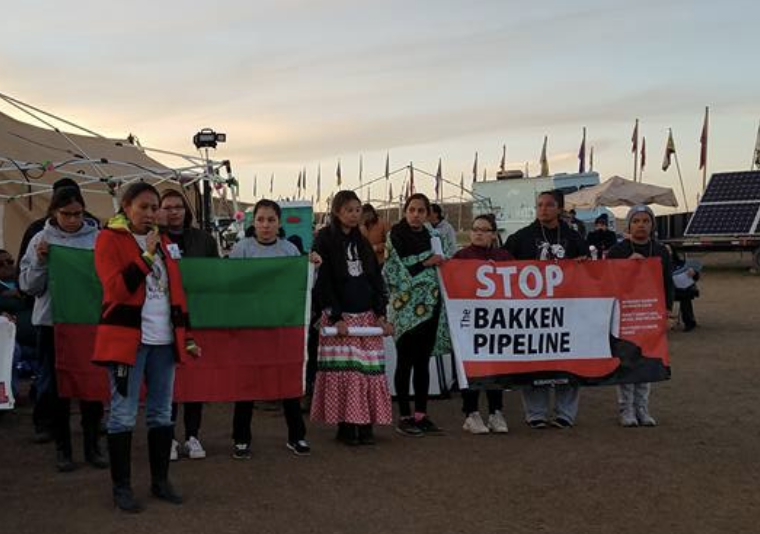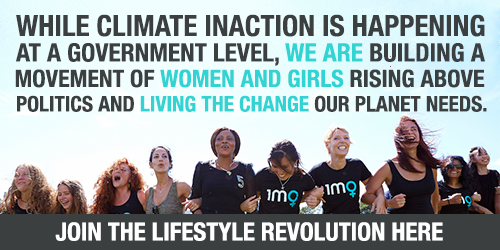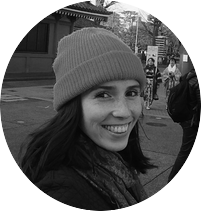I was going to start this blog saying "we owe so much to Indigenous people" but that would be the understatement of the last 500 years. The reality is, we*'ve been stealing from them since the day we decided their lands all over the world were ours, from the Americas to Australia, so that we could profit from destroying and selling it.
And now with our fossil fuel burning ways, and our overconsumption, we're stealing their safe climate. Indigenous people have often done the least to cause global warming, and yet in many cases, they're going to suffer the most. In Australia, Indigenous people experience a life expectancy that is 20 years lower, and the gap in socioeconomic standards between Indigenous and non-Indigenous peoples is immense. That means when droughts hit and food prices go up, they'll have the most trouble affording it. When a cyclone hits and their homes are flooded and destroyed, it will be harder for them to build back up again.
Indigenous people have got a lot on the line in this, and they're organised. They've been fighting for their land and sacred sites for years. There are groups all over the world, taking on fossil fuels. The least we can do right now is amplify their voices. And support them - often they don't need our hands on help, as Murrawah of the Wangan and Jagalingou has said. They've got all the of the hands on deck that they need, and they often just need one thing that will enable them to really have a chance at fighting an opponent as formidable as the fossil fuel industry. And that's money.
Here are a few organisations run by Indigenous people, for Indigenous people (and for this planet we all live on) who we can support right now.
The Wangan and Jagalingou Family Council
The Wangan and Jagalingou family council are the Traditional Owners of the land in far north west Queensland where Adani is planning on building the biggest coal mine in the Southern Hemisphere.
For the Wangan and Jagalingou people, their country - the land, is their culture. In their words, this is why they can't let the Adani Carmichael Mine go ahead - "Our traditional lands are an interconnected and living whole; a vital cultural landscape. It is central to us as a People, and to the maintenance of our identity, laws and consequent rights. If the Carmichael mine were to proceed it would tear the heart out of the land. The scale of this mine means it would have devastating impacts on our native title, ancestral lands and waters, our totemic plants and animals, and our environmental and cultural heritage."
Right now, the Wangan and Jagalingou are on the frontlines, and one of last barriers stopping Adani from getting into the Galilee Basin, where Adani want to build their mega mine. For the last 5 years, the W&J have stood strong and said no, over and over, despite Adani offering them money to build the mine on W&J land. Their country is their identity, and has far more value to them. They've gone to court with Adani multiple times to fight them off, and travelled around the United States and now South Korea, explaining to banks and financiers why they can't back this mine with their money. Multiple court appearances, flights and building a campaign that's well known around the country all cost a lot of money, and more than ever right now the W&J Family Council could use our support.
[Image: Wangan & Jagalingou Traditional Owners Council Facebook]
Indigenous Climate Network
The Indigenous Climate Network is Canada's first Indigenous led climate justice organisation. They work to create toolkits for Indigenous communities that teach them about climate change, and show them how to take action. They also run events where Indigenous leaders from around the country gather to discuss climate change and the rights of Indigenous people in this. For ICA, climate change is about more than just the science. It's about human rights, and how these are being overlooked by corporations and politicians who continue doing what they're doing with no consideration of the rights they're denying.
SEED
SEED is Australia's first ever climate organisation 100% run by Indigenous young people. They're working on three campaigns, one of which is aiming to ban fracking in the Northern Territory. Right now, a massive 51% of the NT is covered in fracking exploration licenses. Across the NT there is only one water table, which could be poisoned if fracking goes ahead. This will put people's health at risk, not only through the water, but the through the toxic fumes emitted through fracking. Not to mention it will ruin beautiful parts of Australia - which often double as sites that have sacred significance to local First Nations people. SEED go into local communities who feel powerless against the fossil fuel industry and show them how to take action.
The following video shows just how important this land is to the local people, and it introduces some of the people from organisations I'm about to mention. They come from places where fracking is happening now, and we see the effects of it. If you've got 20 minutes right now, this film is really worth watching. If you don't have 20 minutes, try and come back. We learnt so much watching this.
Indigenous Environmental Network
The Indigenous Environmental Network was started in 1990, in the US, by grassroots Indigenous communities and individuals. They had the goal of empowering communities and tribal governments in being able to care for their sacred sites, tackling issues of environmental and economic justice. They played a huge role in building the capacity of the Sioux people to fight the Keystone XL Pipeline at Standing Rock, a 1,179 mile (1,897km) long pipeline which will transport oil from the tar sands in Canada, right through to Nebraska in the US. They also run campaigns against several other pipelines which will threaten their land, water and air, as well as our climate.
[Photo: Indigenous Environmental Network Facebook]
*To clarify - when I say 'we' I'm coming from the perspective of a white woman who has been privileged to grow up and live in a country that really has thrived off the back of resources from the ground - coal has done a lot for us white settler descendents, but it's been at the expense of our beautiful land, and the people whose identity is linked to it. You're part of the 'we' if you live a life of privilege that is bolstered up by the money made from selling off fossil fuels in your country, selling off parts of the Earth that should never have left the ground, because those places were a part of people's cultures. This can be really hard to understand and accept at first, and to be honest, this wasn't always something I cared about, but that was because I didn't understand. I didn't understand how things that happened before I was even born could affect people today. Some of the videos I've posted above will help you to start discovering the multitude of issues brought up in this article and help you to understand if you find this confronting. I'm asking you to please take the time to watch, listen, and learn like I have.




